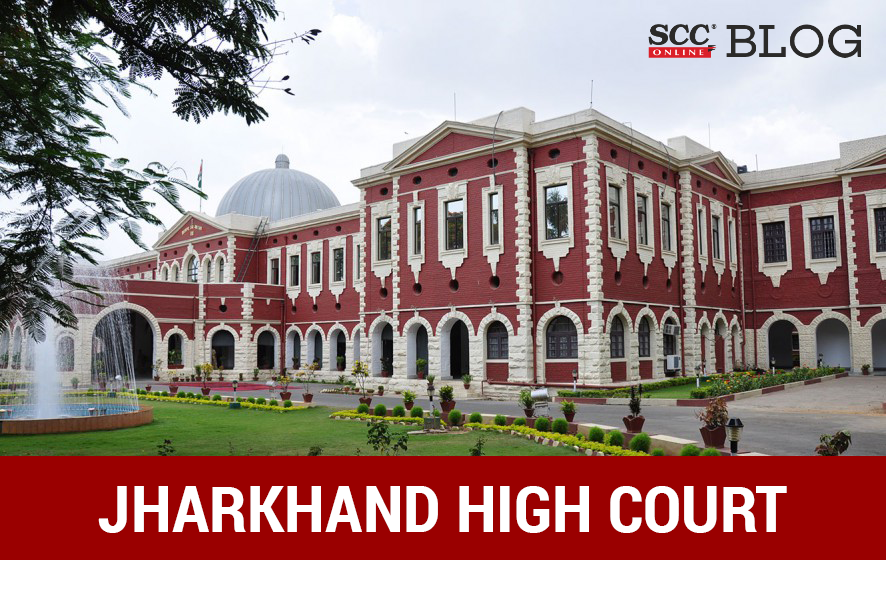Jharkhand High Court: In a criminal miscellaneous Petition for quashing criminal proceedings against the petitioner under Section 7 of Prevention of Corruption Act, 1988 (‘PC Act’) alleging that a Resolution Professional (‘RP’) is not a public servant performing any public duty within the meaning of Section 2(c) of PC Act or Section 21 of Penal Code, 1860, Gautam Kumar Choudhary, J. rejected the same holding that RP was appointed by the National Company Law Tribunal (‘NCLT’), which is an adjudicating authority for insolvency resolution process of companies and the office falls within the meaning of a public servant.
The petitioner in the instant case was appointed as Interim Resolution Professional (‘IRP’) vide NCLT order dated 22-11-2019 and 6-1-2020 and appointed as Resolution Professional by the Committee of Creditors (‘CoC’). The complainant, director of one of the Corporate Debtors alleged demands of bribe by RP who was caught red-handed accepting illegal gratification from the complainant in the presence of independent witnesses.
The petitioner through the instant petition challenged the applicability of Section 7 of PC Act. The Court referred to/relied on State v. C.N. Manjunath, (2017) 11 SCC 361 wherein, the Court considered whether licensed surveyors in Taluks came within the meaning of ‘public servant’ under the PC Act and explained the scope of public servants discharging public duty.
The Court commented on the petitioner’s appointment as IRP by the adjudicating authority on the insolvency commencement date and further confirmation by CoC after taking a decision to continue with the IRP as RP under the IBC Code. The Court further added that “even in cases where resolution professional appointed under section 22 is replaced by CoC under section 27, the name of the insolvency professional proposed to be appointed is to be forwarded to the Adjudicating Authority under Section 22(3), and thereafter, the Adjudicating Authority is to forward the name of proposed resolution professional to the Board for its confirmation in the same manner as laid down in Section 16.” Thus, the Court held that petitioner’s plea negating the role of adjudicating authority in appointment of RP is not sustainable.
The Court considered the appointment of RP during resolution with the approval of National Company Law Tribunal and held that he will be a public servant under Section 2(c)(v) of PC Act.
Considering the functions of an RP in comparison with ‘public duty’, the Court said that the functions and obligations of Insolvency Professionals under Section 208 of IBC Code intimately relate to matters relating to loans extended by the Banks, which are investments from public at large, falling under the definition of public duty as per Section 2(c)(viii) of the PC Act.
The Court clarified that “Section 233 gives protection to a resolution professional from criminal prosecution for acts in good faith, and not where he has been apprehended red-handed with the bribe amount.” It further added that PC Act is applicable in matters like present one wherein a Resolution Professional takes bribe to favour a party and that Section 232 does not exclude operation of PC Act. The Court rejected the petitioner’s plea of not being a public servant and being immune from criminal prosecution.
The Court rejected the instant petition holding that appointment of RP was made by NCLT which is an adjudicating authority for insolvency resolution process of companies and RP has a key role in insolvency resolution process protection of corporate debtor’s assets. Thus, his office entails performance of functions in the nature of public duty within the meaning of a public servant under sections 2(c)(v) and (viii) of PC Act.
[Sanjay Kumar Agarwal v. Central Bureau of Investigation, 2023 SCC OnLine Jhar 394, judgment dated 5-4-2023]
Judgment authored by: Justice Gautam Kumar Choudhary
Advocates who appeared in this case :
For Petitioner: Senior Advocate S.D. Sanjay, Advocate Salona Mittal;
For State: Senior Special Public Prosecutor P.A.S. Pati.






